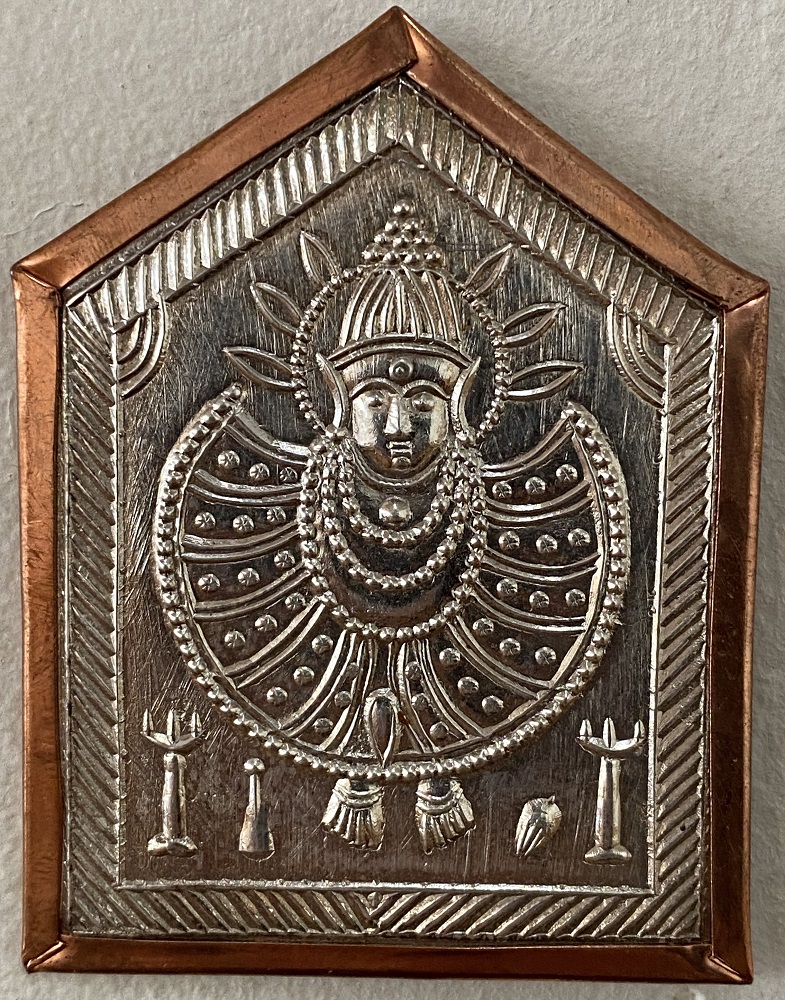In 2021 Iyengar Yoga Australia (IYA) updated the Teachers Certification Handbook (TCH) with details of the new assessment structure. The following statement is reproduced from the TCH page 15-16 …
‘A Level 2 teacher may begin to mentor up to 2 trainees under the supervision of a Level 3 or above registered Teacher Trainer who has successfully brought a candidate through to Level 1 certification. The supervision is to be agreed between the parties.
A Level 2 Teacher Mentor will refer their own candidate for assessment. Their supervising Teacher Trainer will confirm the mentorship on the referral’.
Further details can be found in section 4, Responsibilities and Entitlements of certified teachers on page 39 of the TCH.
In response to the IYA assessment restructure Level 2 teachers who wish to undertake supervision with Alan are required to
- Enrol in Reflective Practice-Teacher (RP-T). This group meets twice per term on a Friday for 2 hours to reflect on issues relevant to teaching and student development.
- Undertake monthly supervision with Alan. At supervision you can review ideas for training, discuss trainee concerns and issues relating to your practice and teaching
- Teachers under supervision may have their trainee teachers enrol in Yoga Vidya subjects and will enrol in these subjects as well.
Teacher Mentors are concerned with the process of how individuals learn and evolve as teachers. A Teacher Mentor will come to understand that students exist at a point in time and evolve through experience. They have individual characteristics (tendencies and Inclinations) which both assist and hinder them in developing their practice. A Tutor will form a point of view on these tendencies and inclinations and will seek to engage in ways that both reveal the student and develop their insight into themselves.
At their heart a teacher is a learner, and the Teacher Mentor relationship benefits both parties. It is an enriching exchange. The third dimension of the Teacher Mentor program is supervision. Supervision is an ongoing support offered to Tutors through regular hour long meetings (in person or on zoom) with a senior teacher (Alan Goode).
In the article Address to teachers Iyengar writes
‘Teaching yoga is a very difficult subject but it is one of the best services you can do for human beings. Work, not as a teacher, but as a learner in the art of teaching. Learn from looking at the pupils’ body and mind as they are not the same in all individuals. As it varies, it is your duty as a teacher to bring oneness and the sense of unified feelings in their bodies and minds. As long as you cannot give this, consider that you are still a learner.
As a teacher you are gifted by Providence to learn so that you impart knowledge as your experience grows. Do not say, “I am a teacher, so there is nothing for me to learn”. This is where pride enters. You have to teach affirmatively but search within and find out whether you have created doubts and confusion in your approach and study, how many loose ends were there in your expressions and feelings. Re-study your words and actions, the wrongs or rights you committed while teaching. Re-examine within and build confidence in your pupils. Rethink whatever you did, and work again on your own to find out where you went wrong in explanations or adjustments’.
Iyengar BKS, Address to certified teachers, Astadala Yogamala Vol3


